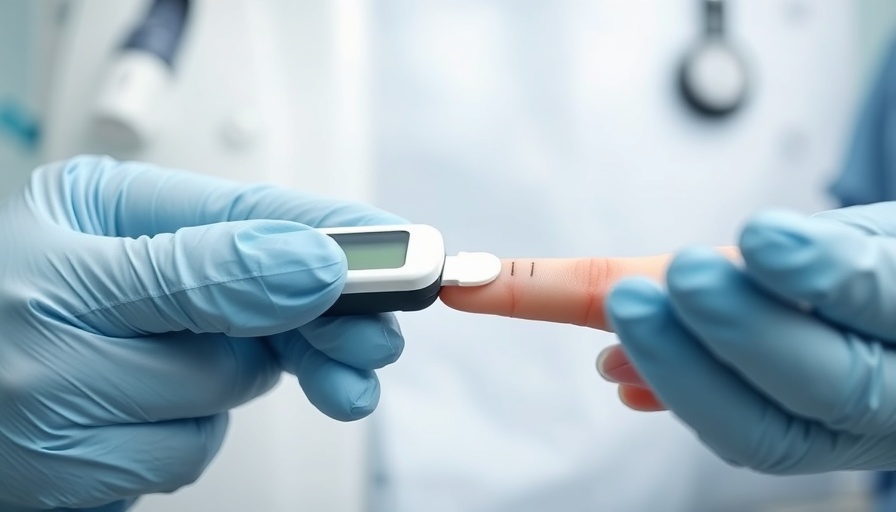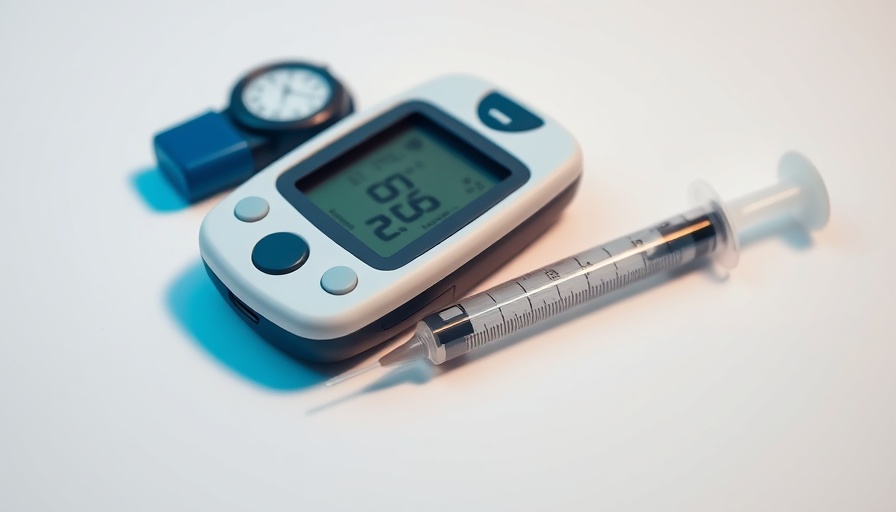
Understanding the Rising Threat of Diabetes
Diabetes has reached alarming levels worldwide, becoming a pressing health concern that affects millions. With the increasing prevalence of obesity and sedentary lifestyles, awareness and prevention strategies are more crucial than ever. Type 2 diabetes, in particular, is largely preventable, making it essential to adopt healthy habits before symptoms arise.
10 Effective Strategies for Diabetes Prevention
Here are ten invaluable strategies that can help you prevent or delay the onset of type 2 diabetes:
- Maintain a Healthy Weight: Achieving and sustaining a healthy weight can drastically reduce your diabetes risk. Even a modest weight loss of 5-10% can have a significant positive impact on your health.
- Stay Physically Active: Aim for at least 150 minutes of moderate-intensity exercise each week. Walking, swimming, and cycling are excellent options that can help use glucose as energy and improve insulin sensitivity.
- Follow a Healthy Eating Plan: Focus on a diet rich in fruits, vegetables, whole grains, and lean proteins. This approach not only nourishes your body but also helps manage blood sugar levels effectively.
- Limit Sugar and Refined Carbohydrates: Reducing the intake of sugary snacks and refined carbs can lower the risk of insulin resistance. Choose complex carbohydrates that provide sustained energy and nutrients.
- Quit Smoking: Smoking is linked to a range of health complications, including a heightened risk of type 2 diabetes. If you smoke, seek resources to help quit—not only will your diabetes risk decrease, but overall health will improve.
- Manage Stress: Techniques such as meditation, yoga, and deep breathing can alleviate stress, which negatively influences blood sugar levels. Finding time for enjoyable activities is crucial for mental well-being.
- Get Enough Quality Sleep: Quality sleep can improve insulin sensitivity. Try to maintain a consistent sleep schedule and prioritize getting 7-9 hours of rest each night.
- Monitor Blood Sugar Levels Regularly: For those at risk, keeping an eye on blood sugar can lead to early intervention. Awareness is vital in preventing the progression from prediabetes to diabetes.
- Stay Hydrated: Drinking sufficient water helps management of sugar levels and prevents unnecessary cravings for sugary drinks, keeping your hydration in check without added calories.
- Regular Health Check-ups: Regular appointments with healthcare providers can aid in understanding personal risk factors and customizing a diabetes prevention strategy tailored to your needs.
Real-Life Connections and Relevance
As diabetes becomes a predominant concern, understanding its implications on life quality is pivotal. Take the story of Sarah, a 34-year-old mother diagnosed with prediabetes. With some lifestyle adjustments, including dietary changes and increased physical activity, she reversed her prediabetes diagnosis. Sharing personal stories like Sarah's illustrates that preventative measures are not mere statistics; they are the fabric of real lives and communities.
Future Predictions: Diabetes Management and Prevention Trends
Looking towards the future, tech-driven health monitoring (like wearable glucose monitors) and educational interventions may reshape diabetes prevention strategies. As awareness grows, we can expect easier access to resources and a shift in societal attitudes toward health, enabling a more proactive approach to managing diabetes risk.
Decisions You Can Make Today
Understanding the risk factors for diabetes empowers you to make informed choices for your health. Whether it’s choosing a healthier snack or committing to a short daily walk, each choice can cumulatively contribute to a healthier future. Take that first step today.
Actionable Insights for a Healthier Tomorrow
Implementing these strategies involves creating sustainable habits that prioritize wellness. Start small: Incorporate one new healthy habit this week, and gradually build an arsenal of lifelong healthy practices.
Why This Matters to You
For anyone navigating the complexities of metabolic health—be it diabetes, high blood pressure, or cholesterol—comprehending the interconnectedness of these conditions is vital. Learning about diabetes prevention isn’t just about avoiding a diagnosis; it’s about enhancing your overall well-being and empowering you to live life to its fullest.
Call to Action: Embrace the steps toward a healthier lifestyle by implementing these preventive measures regularly. Each small change can lead to significant health benefits, better management of conditions like diabetes, and an improved quality of life!
 Add Row
Add Row  Add
Add 



 Add Row
Add Row  Add
Add 


Write A Comment